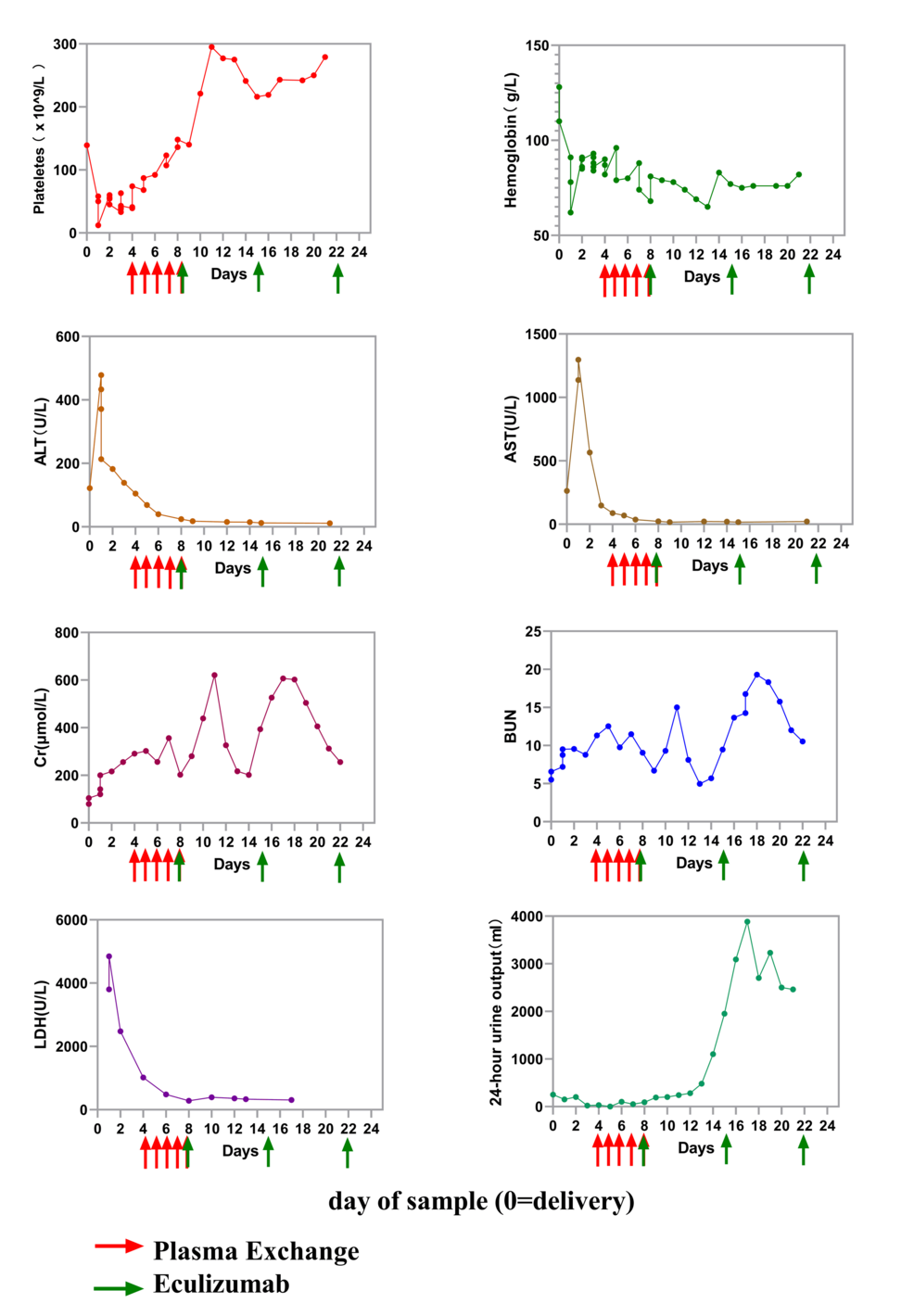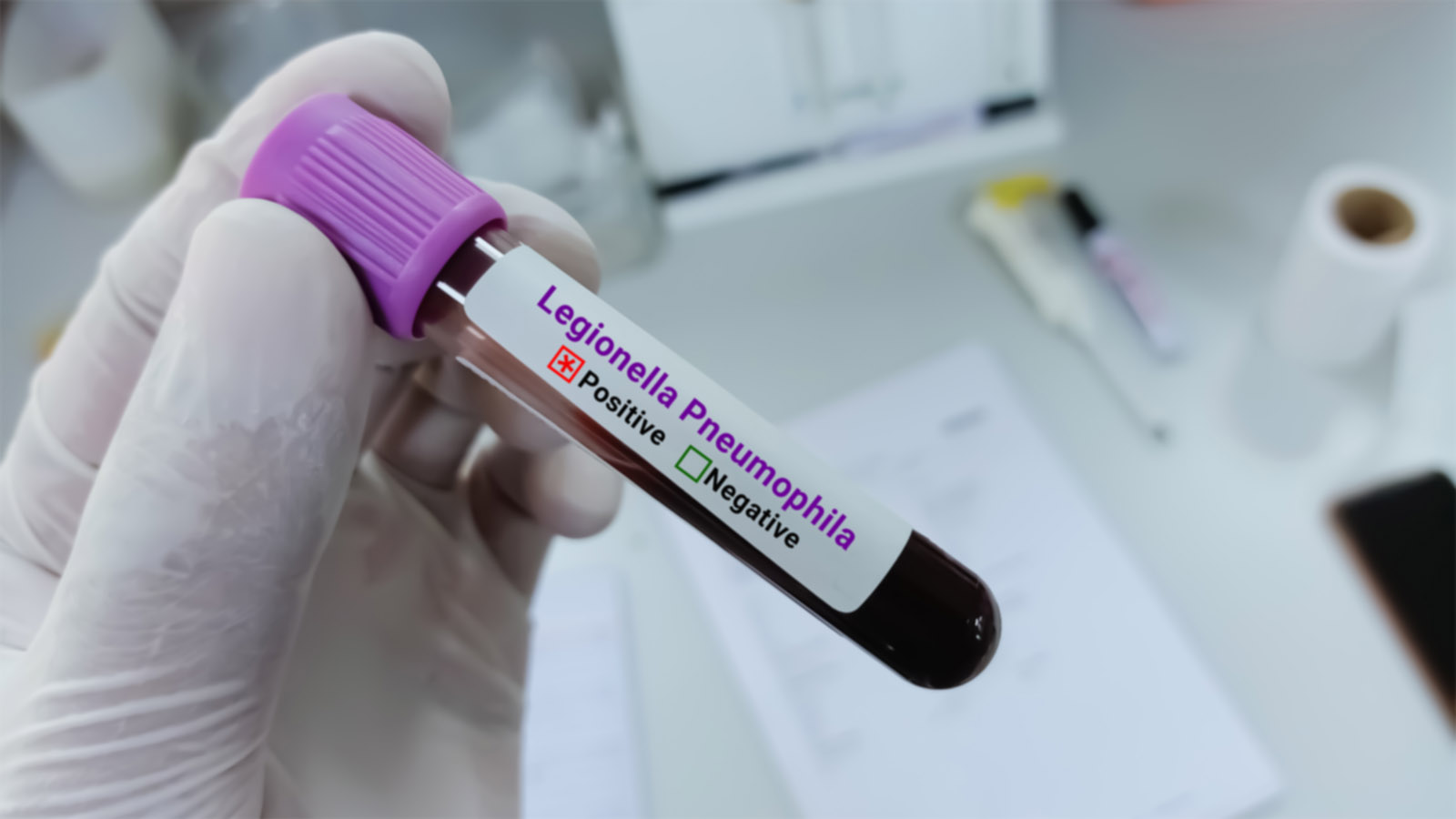Georgia Woman Kept on Life Support Due to State's Abortion Law

In a heart-wrenching case from Atlanta, a woman who was only nine weeks pregnant has been kept on life support for nearly three months after being declared brain dead. This tragic situation has arisen due to Georgia’s stringent abortion law, which complicates the medical decisions made in her case.
Adriana Smith, a 30-year-old nurse, began experiencing severe headaches in early February and sought medical attention at a local hospital. Shockingly, her family reported that no scans were conducted during her visit, and she was dismissed with instructions to return home. Just hours later, her partner found her in a dire state, struggling to breathe and making gurgling noises while she slept. This alarming discovery led to her immediate transfer back to the hospital, where doctors identified blood clots in her brain.
Tragically, before any surgical intervention could take place, Ms. Smith was declared brain dead. Despite the grim prognosis and the absence of any chance for recovery, she has remained on life support for over 90 days, primarily to allow her unborn child to reach full term.
The situation is further complicated by Georgia's 2019 Living Infants Fairness and Equality Act, which prohibits the termination of a pregnancy if a fetal heartbeat is detected. As a result, Ms. Smith's medical team is under pressure to keep her alive until the fetus reaches at least 32 weeks gestation, a point that her family fears could lead to significant trauma.
April Newkirk, Ms. Smith’s mother, has publicly voiced her anguish over the situation, describing it as “torture” to witness her daughter’s condition. “She’s been breathing through machines for more than 90 days,” Ms. Newkirk shared with deep sorrow. “It’s torture for me. I see my daughter breathing, but she’s not there.” In a touching sentiment, she mentioned how she believes her grandchild thinks his mother is simply asleep.
As her family grapples with the emotional and psychological toll of this ordeal, Ms. Newkirk raised critical questions about the future of her grandchild: “She’s pregnant with my grandson. But he may be blind, may not be able to walk, may not survive once he’s born. This decision should’ve been left to us. Now we’re left wondering what kind of life he’ll have — and we’re going to be the ones raising him.” She expressed her frustration with the law that has left them in this unbearable situation.
Moreover, Ms. Newkirk has urged for changes in legislation surrounding reproductive rights, asserting that every woman should have autonomy over her body. “And if not, then their partner or their parents should be able to make the decision,” she stated firmly. The ongoing debate surrounding abortion laws and their implications for families continues to be a contentious issue in Georgia and beyond, raising vital questions about personal choice and medical ethics.




























